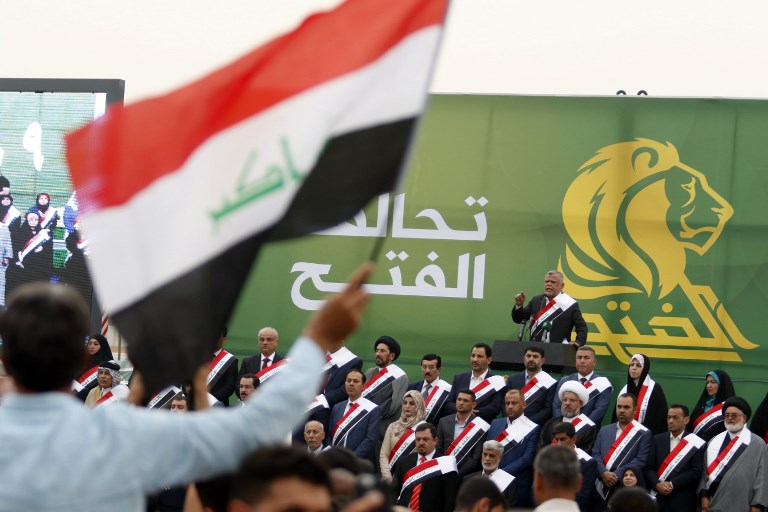Strategic Assessment
The defeat of the Islamic State and the upcoming Iraqi parliamentary elections in May 2018 place Iraq at a crossroads for the first time in years. At the heart of this junction is an attempt to overcome a host of challenges in order to prevent yet another downward spiral into instability and a strengthening of radical Islam. The Shiite camp is expected to maintain its strength in the parliament, and the Shiite militias, most of which are affiliated with Iran, will attempt to translate their success in the struggle against the Islamic State into political capital in order to integrate into the Iraqi political sphere. In the year to come, Iraq will likely continue to constitute an arena of struggle between the United States and Iran. Whereas the US administration centers its strategy primarily on Prime Minister Haider al-Abadi, Iranian policy vis-à-vis Iraq is implemented broadly and on a number of levels in order to ensure broader influence. Though Israel has no direct influence over Iraq, it must nonetheless recognize that the future of Iraq will impact directly on its ability to limit the influence of Iran and Hezbollah in the region, and in Syria and Lebanon in particular.



